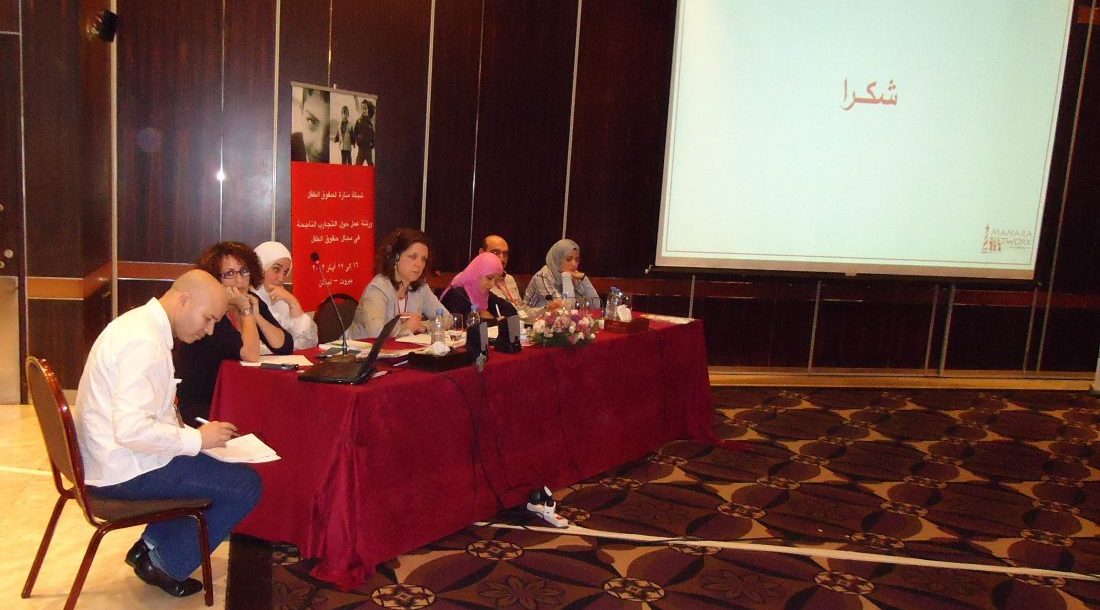The IBCR offers technical support to specialised training centres (schools for magistrates, police and military academies, social work schools, etc.) to ensure that permanent, mandatory and evaluated courses on the rights of the child are integrated into national professional training curricula. The Bureau also provides personnel training when developing training tools, conducting institutional mapping exercises, producing standardised operating procedures, setting up data collection and processing systems or assisting with service decentralisation initiatives.
How do we do it?
Capacity building for professional training centres
All childhood protection stakeholders—whether they be defence and security forces (police officers, gendarmes, national guards, military personnel or child protection units), legal personnel (magistrates, prosecutors, clerks, youth court judges, lawyers, etc.) or social workers (social workers, assistants and related professionals, etc.)—must play an active role in building their own capacities related to the protection of children. The IBCR has therefore adopted a participative approach that is respectful of the needs expressed by national stakeholders. The goal of all capacity building projects is to permanently integrate modules dealing with children’s rights and child protection into the initial and specialised training programs at national training centres. The applied methodology generally involves four phases:
- Preparing a situational analysis, including holding a scoping workshop, interviews with stakeholders and observation sessions at schools and in the field
- Developing comprehensive and detailed training kits that are then approved at a validation workshop
- Training trainers and awarding them certification following a rigorous and evaluated process
- Assisting schools as they hold their first courses taught by their newly certified in-house personnel. The IBCR attends courses and provides instructors with support as needed to ensure courses are effective. Training kits are then adjusted based on the lessons learned during the pilot sessions.
To date, more than 25 countries have mandated the IBCR to support their capacity building efforts, including Afghanistan, Burkina Faso, Cameroon, Costa Rica, Iraq, Jordan, Libya, Rwanda, Chad, Tunisia and Yemen.
Capacity building for civil society organisations

The IBCR believes that civil society organisations have an essential role to play in the protection of human rights in general and children’s rights in particular. The goal of this programme is therefore to support local organisations and help strengthen their capacities in various areas, including performing analyses and drafting analysis reports, coordinating efforts and networking at the regional level, executing advocacy activities, systematically including children’s rights in national training programmes, and providing training on specific topics. The Manara project strengthened the capabilities of 12 partner organisations based in nine countries across the Middle East and North Africa. It enabled them to document their progress and current issues related to protecting children in the region and to enhance the general monitoring system.
Capacity building for professional associations
With a proven track record of sharing its capacity building expertise at professional training centres, the IBCR is also able to assist professional associations working to promote and protect the rights of the child, including professional orders of lawyers, social workers and teachers. For example, the IBCR worked with a partner in Peru to develop training on human trafficking prevention for legal aid workers as well as a broad media campaign to inform the public about their rights and the dangers of human trafficking.



